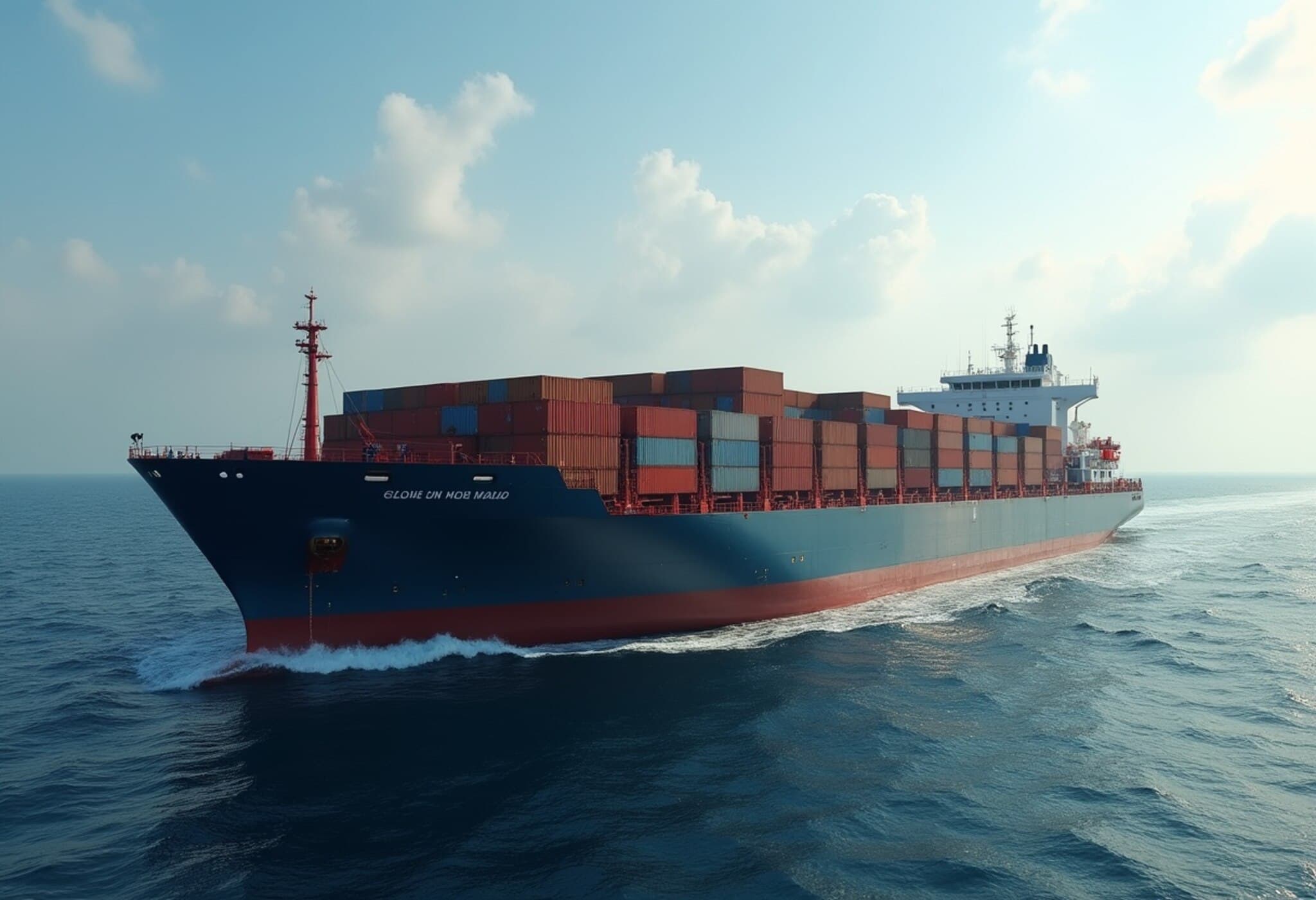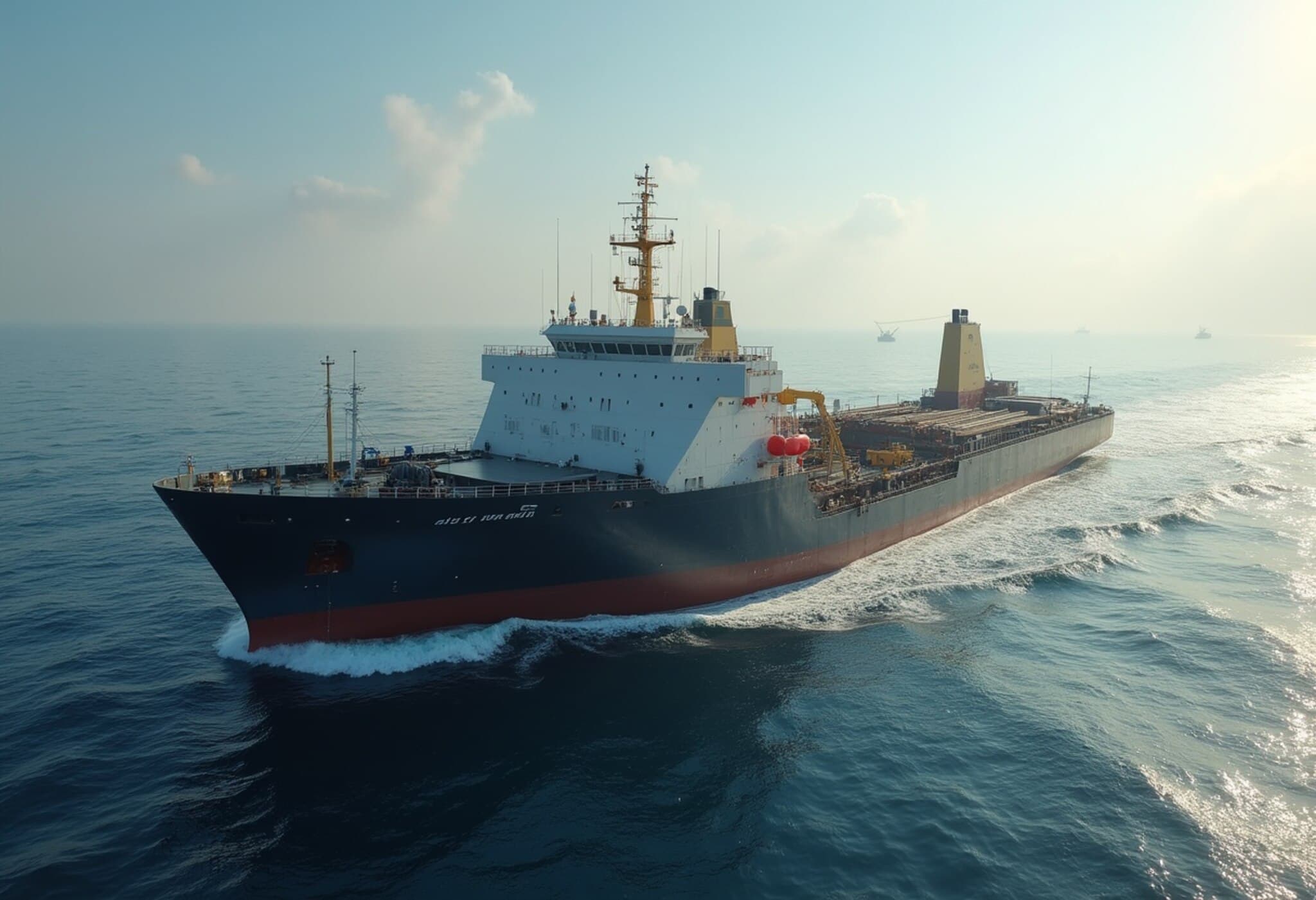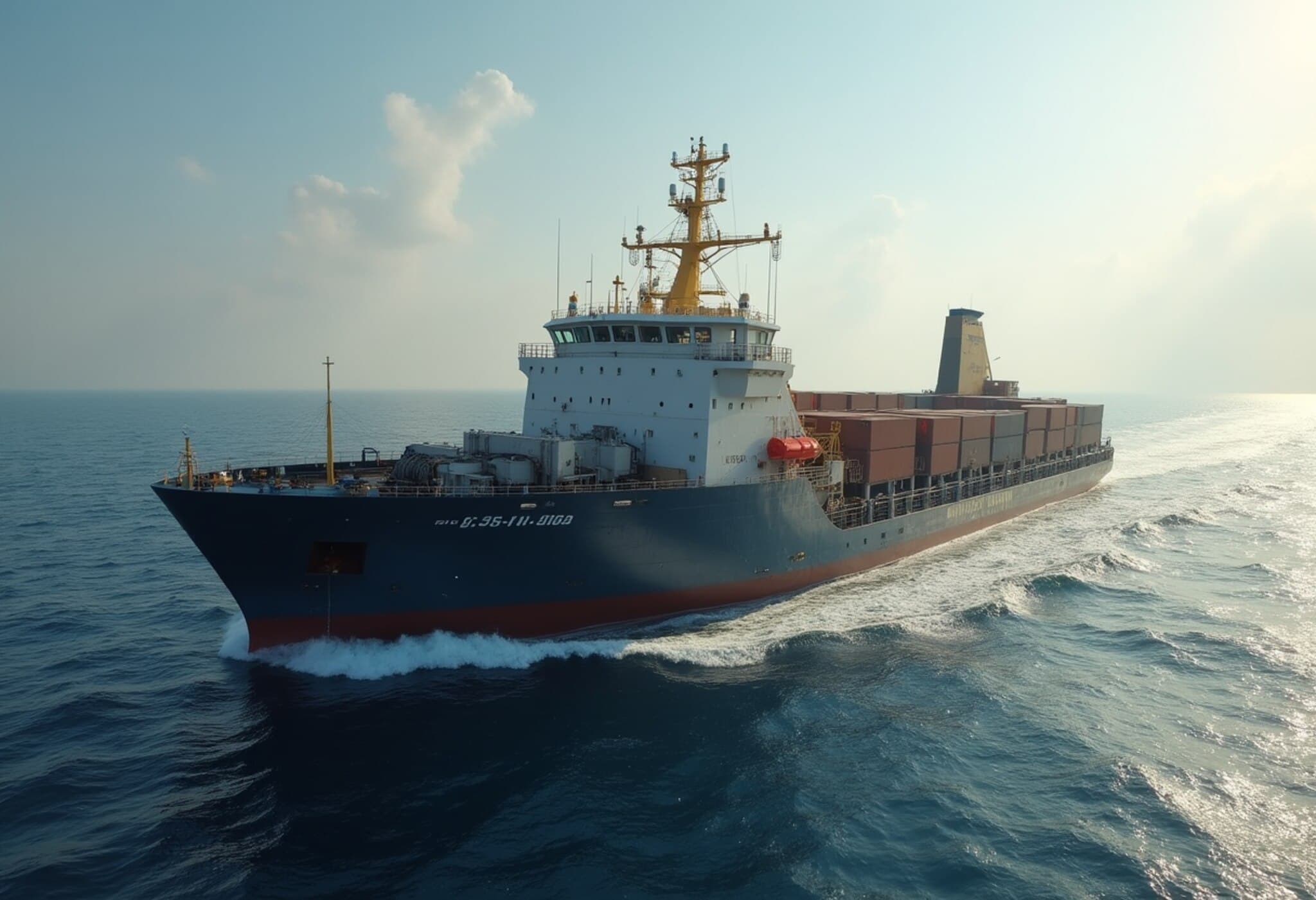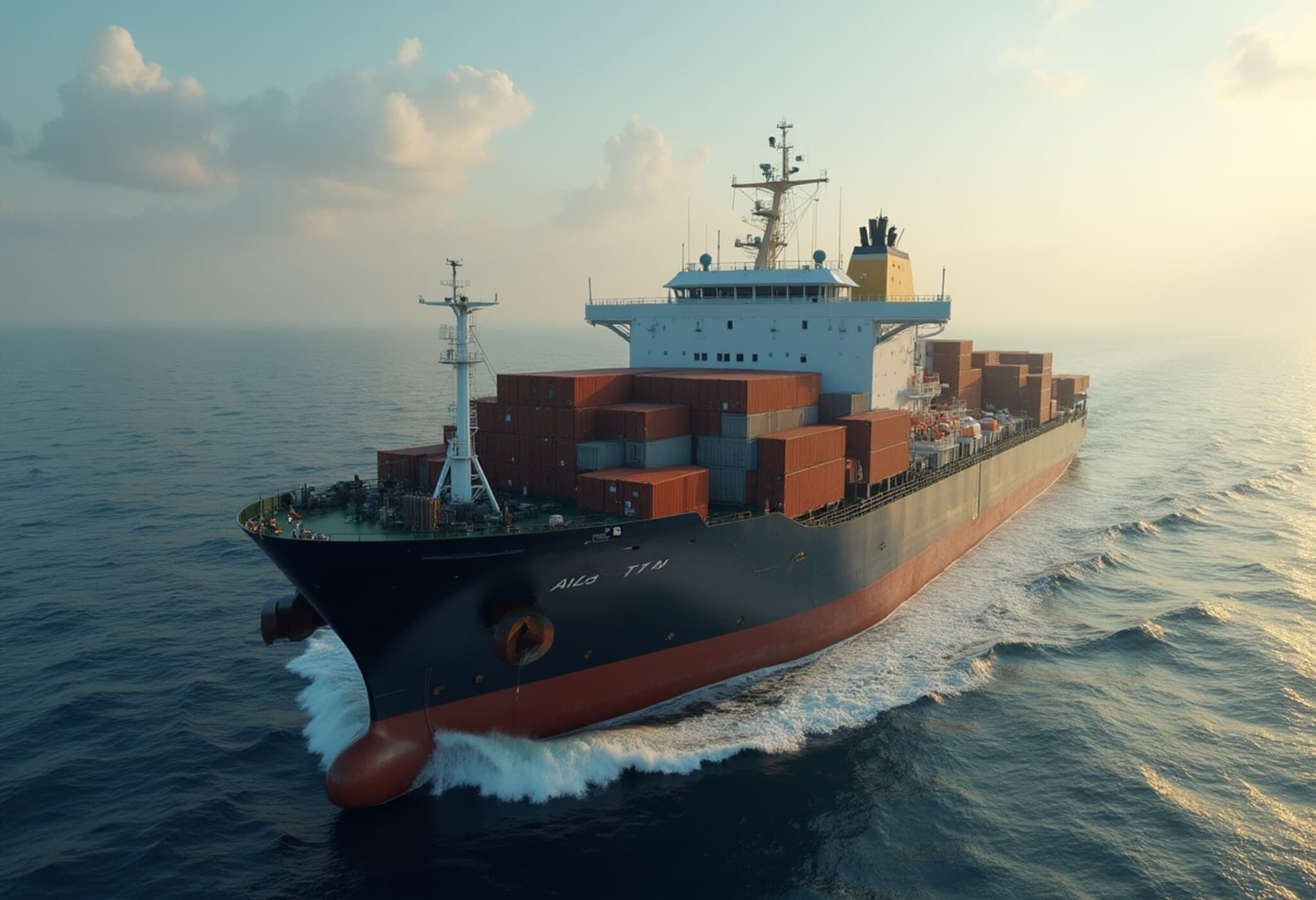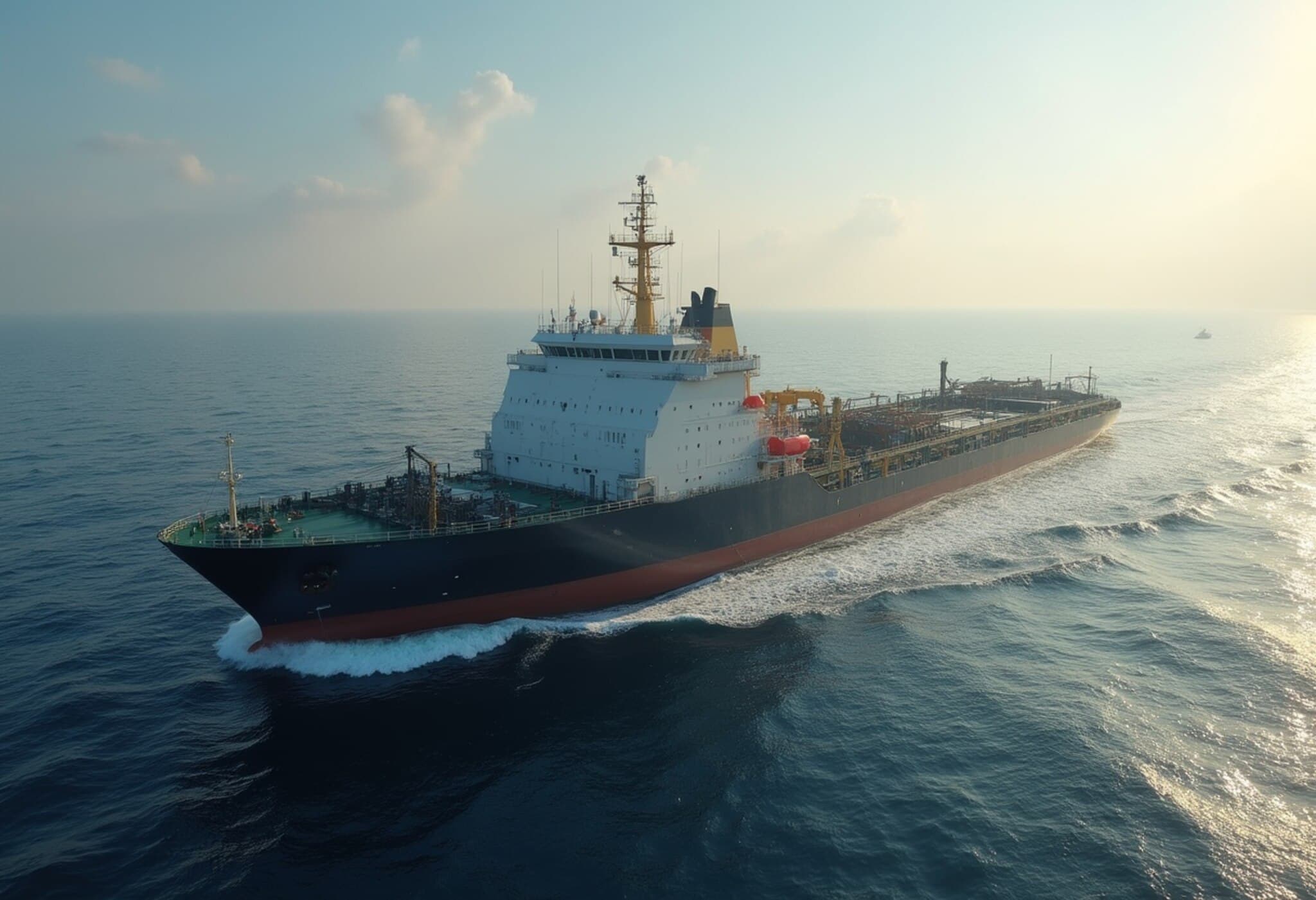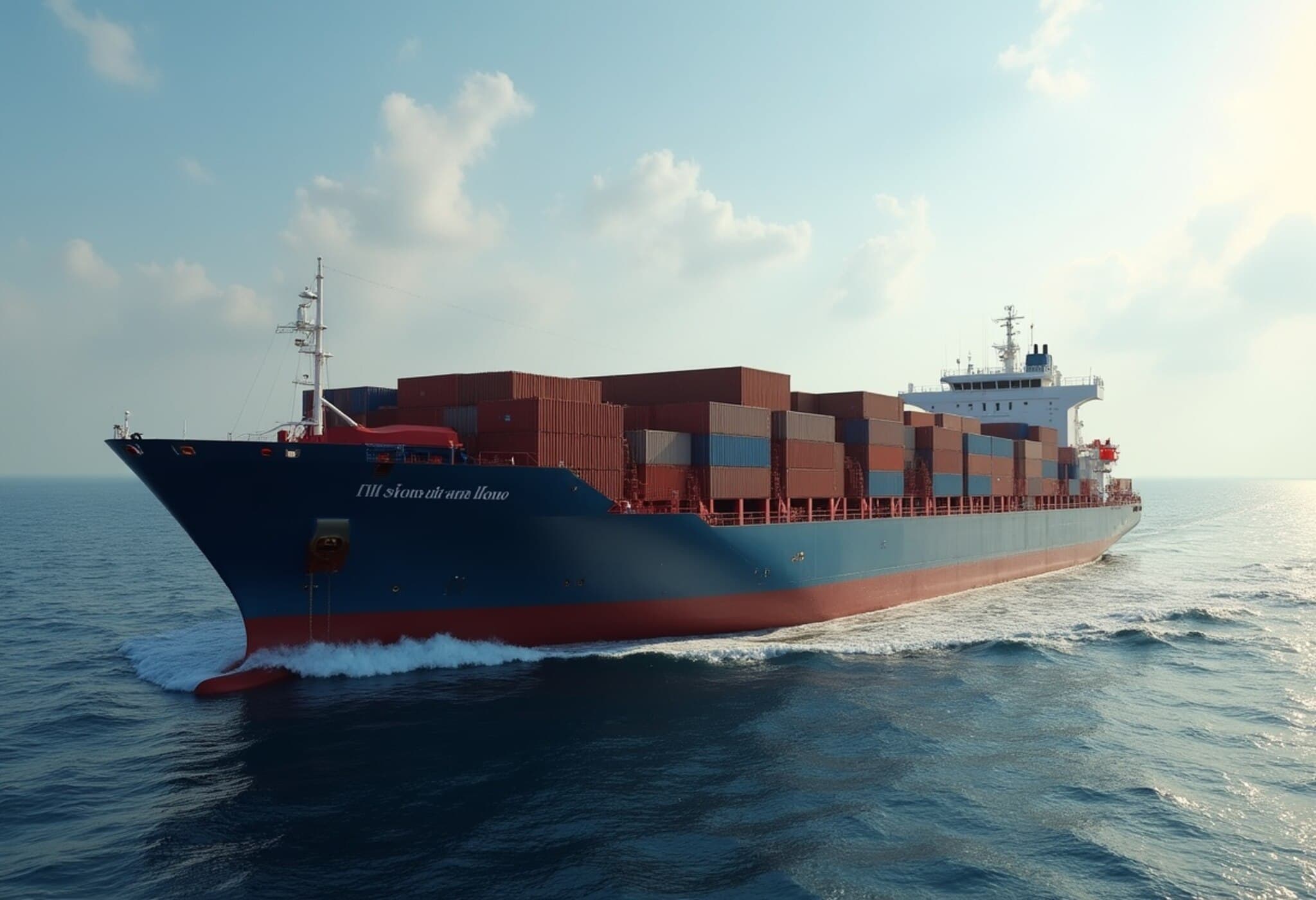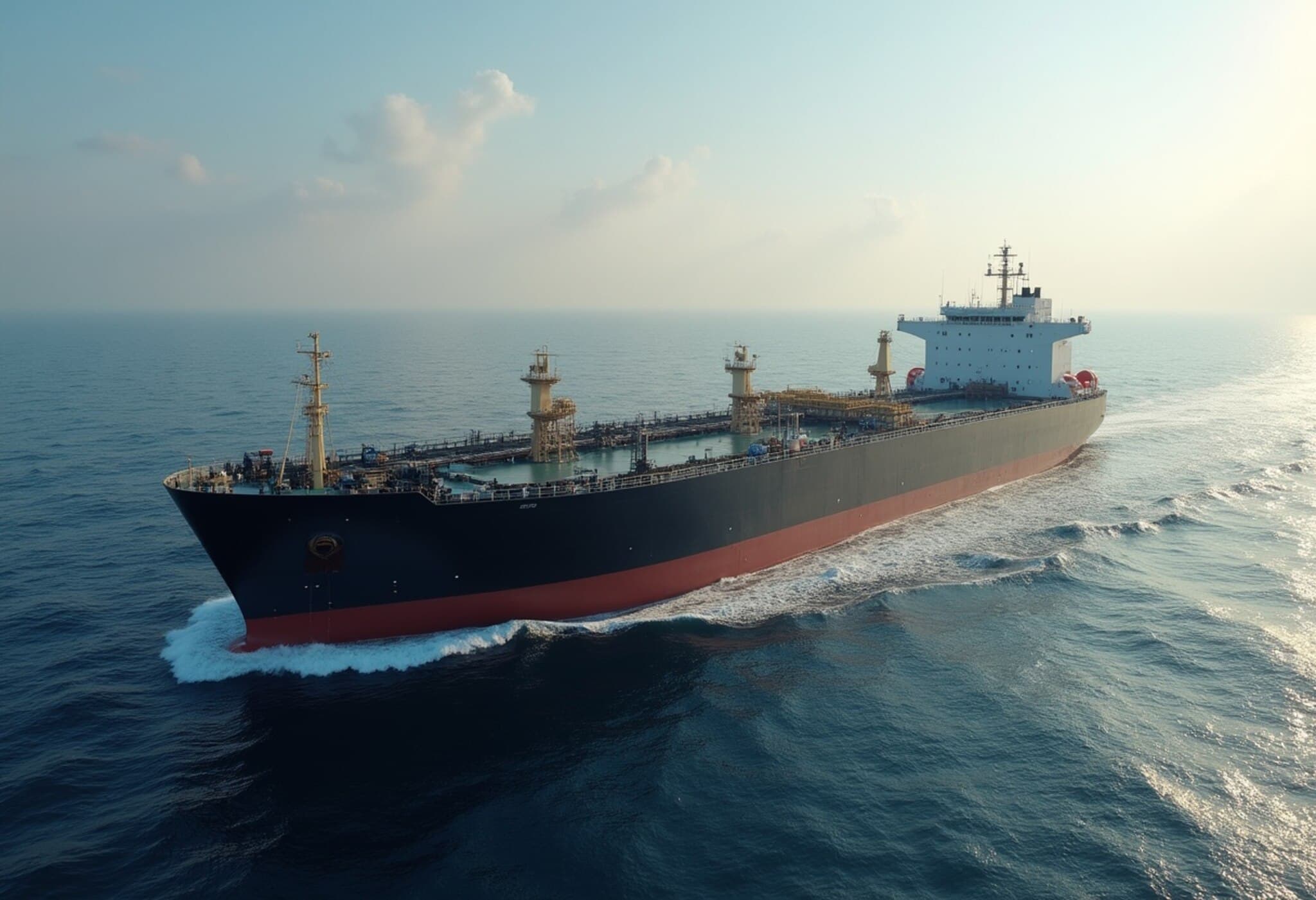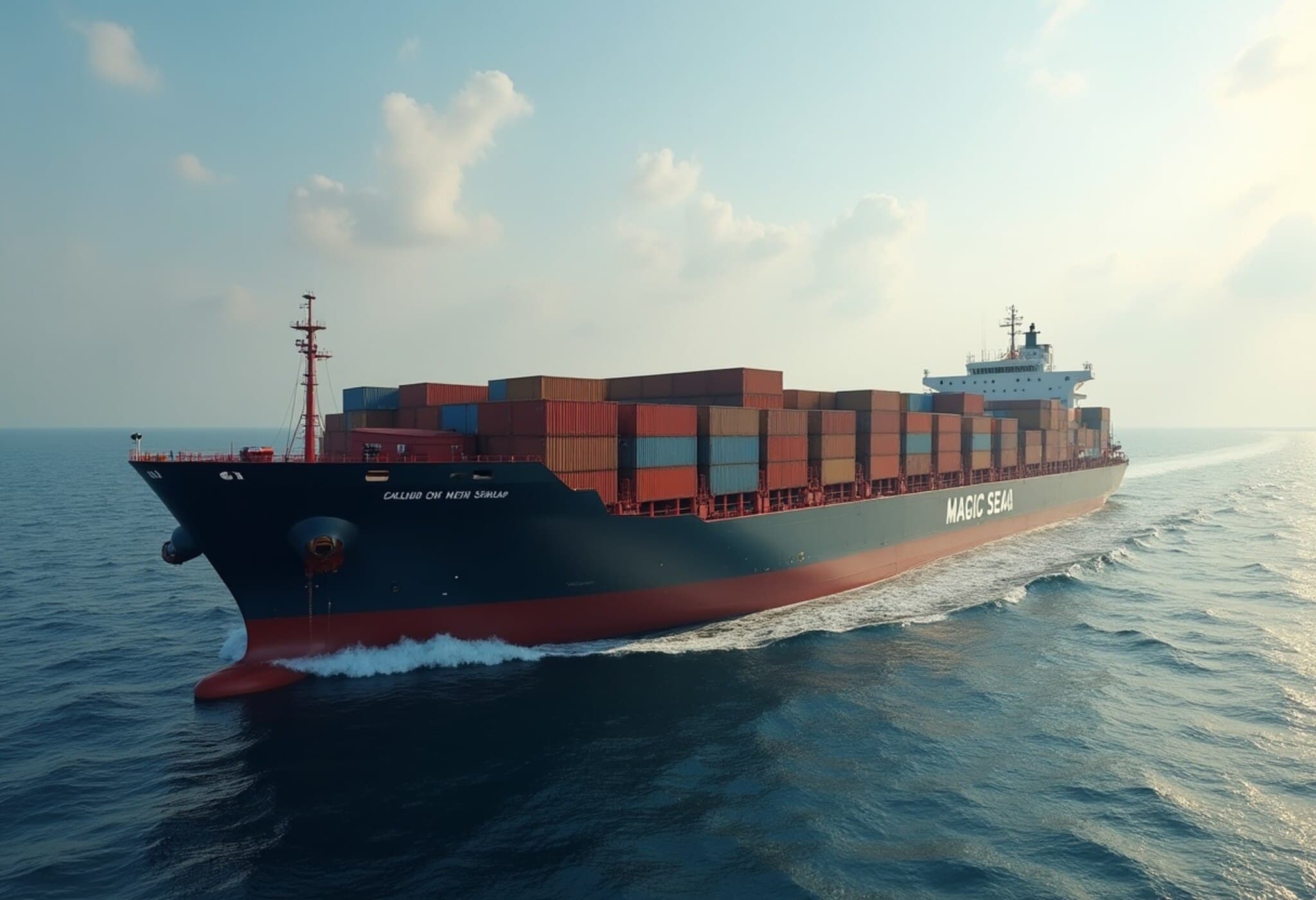At Least Three Crew Members Killed as Houthis Sink Liberian-Flagged Cargo Vessel in Red Sea
July 10, 2025 — Dubai, UAE — In a harrowing and deadly escalation of conflict in the Red Sea, the Liberian-flagged cargo ship Eternity C was sunk after a ferocious attack by Yemen’s Houthi rebels on Wednesday. The assault resulted in the deaths of at least three crew members, with many others missing and reportedly taken hostage. Only six of the 25 crew on board have been rescued, according to European naval forces overseeing the region.
Details of the Attack and Humanitarian Fallout
The UK Maritime Trade Operations, coordinating maritime security in the Middle East, reported the Eternity C suffered "significant damage" that crippled its propulsion system before ultimately sinking at 7:50 a.m. local time. The vessel was reportedly transporting grain destined for Somalia under the World Food Programme, highlighting the broader humanitarian implications of this attack.
The Iran-backed Houthis claimed responsibility, with American officials confirming some surviving crew members may have been taken hostage. The United States embassy condemned what it described as a "terror attack," demanding the immediate and unconditional release of all captured sailors.
Casualties and Crew Composition
- The crew included 21 Filipinos, one Russian, and a three-member security team;
- Six individuals were rescued, including five Filipinos and one Indian;
- Three crew members were confirmed dead, with their nationalities currently undisclosed;
- One crew member sustained severe injuries, including the loss of a leg.
Modus Operandi of the Assault
The attack lasted several hours, a brutal combination of tactics that began with rocket-propelled grenades and small arms fire, followed by a barrage of two drone strikes and two drone boats laden with explosives. Footage released by the Houthis depicted missiles striking the superstructure, flames engulfing the bridge, and oil leaking aggressively into the Red Sea—a poignant symbol of the environmental risks posed by such assaults.
The rebels chanted sectarian slogans during the attack, highlighting the deeply politicized nature of their campaign.
Contextual Insights: Houthis’ Escalating Campaign and Regional Implications
The sinking of the Eternity C marks one of the deadliest Houthi attacks on commercial shipping to date. Since 2023, Houthis have intensified their strikes against vessels in the Red Sea, claiming solidarity with Palestinians amid the ongoing Israel-Hamas conflict. Their campaign severely disrupts a maritime corridor that annually funnels approximately $1 trillion in global trade.
This latest incident follows the sinking of the bulk carrier Magic Seas over the weekend under similarly aggressive circumstances. Both ships were Liberian-flagged and owned by Greek firms, reportedly targeted because of their business connections to Israel, underscoring the increasing geopolitical entanglement of maritime commerce in this volatile region.
Expert Opinions and International Responses
- UN Special Envoy Hans Grundberg expressed grave concern over the escalation, warning that attacks on commercial shipping risk not only civilian lives but also environmental catastrophe through oil spills and maritime pollution.
- International Maritime Organisation Secretary-General Arsenio Dominguez condemned the attacks as blatant violations of international maritime law, emphasizing the toll on seafarers and local coastal communities.
- U.S. State Department condemned the "unprovoked Houthi terror attacks" and reaffirmed its commitment to safeguarding freedom of navigation in global waterways.
Security Forces and Regional Military Posture
While the United States maintains significant naval assets in the broader Middle East, including two aircraft carriers and destroyers, these have so far been unable to effectively deter attacks in the immediate Red Sea corridor. Meanwhile, the reported ceasefire between the U.S. and Houthis since earlier in 2025 complicates potential military responses.
The U.S. ambassador to Israel’s recent comments hinting at possible B-2 bomber strikes in Yemen reflect the ongoing tensions and the challenging balance between diplomacy and deterrence.
Human Impact and Ongoing Rescue Efforts
Efforts to locate missing seafarers continue under challenging conditions, with Filipino authorities actively communicating with the families of the missing crew, many of whom are migrant workers far from home. The human toll of these attacks underscores the precariousness faced by workers operating in conflict zones and the collateral damage inflicted on civilian lives in geopolitical strife.
Broader Implications: Navigating Risk in a Fragile Maritime Corridor
The Red Sea is not only a trade artery but a flashpoint reflecting wider Middle Eastern conflicts—from the civil war in Yemen to the Israel-Hamas crisis and Iran-US tensions. Interruptions here threaten global supply chains, food security in vulnerable regions like Somalia, and risk escalating military confrontations that extend far beyond maritime borders.
Questions Raised
- How effective are current international maritime security measures in protecting commercial shipping from non-state militant groups?
- What diplomatic avenues remain to de-escalate maritime conflicts that intertwine with broader geopolitical disputes?
- How can humanitarian supply chains be safeguarded in volatile zones where civilian infrastructure and personnel are increasingly targets?
Editor’s Note
The sinking of the Eternity C by Houthi forces is a stark reminder of how global conflicts permeate even the most vital lifelines of international trade and humanitarian aid. As commercial maritime activity falters under these attacks, the ripple effects endanger lives far beyond the waves—hitting food security, migrant workers, and geopolitical stability. The international community faces urgent challenges in balancing firm maritime security measures with diplomatic engagement to prevent further tragedies in this precarious region.

